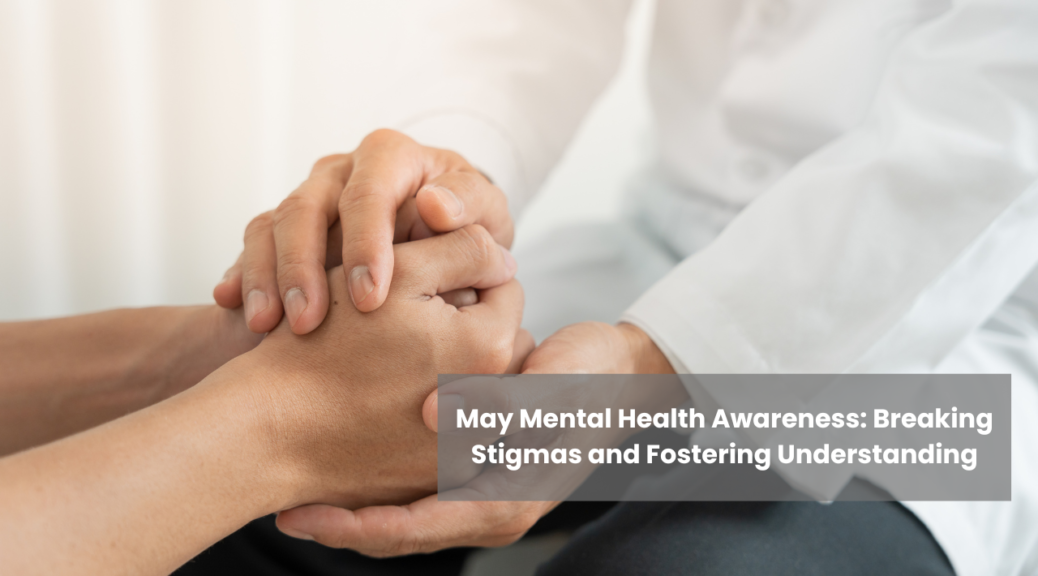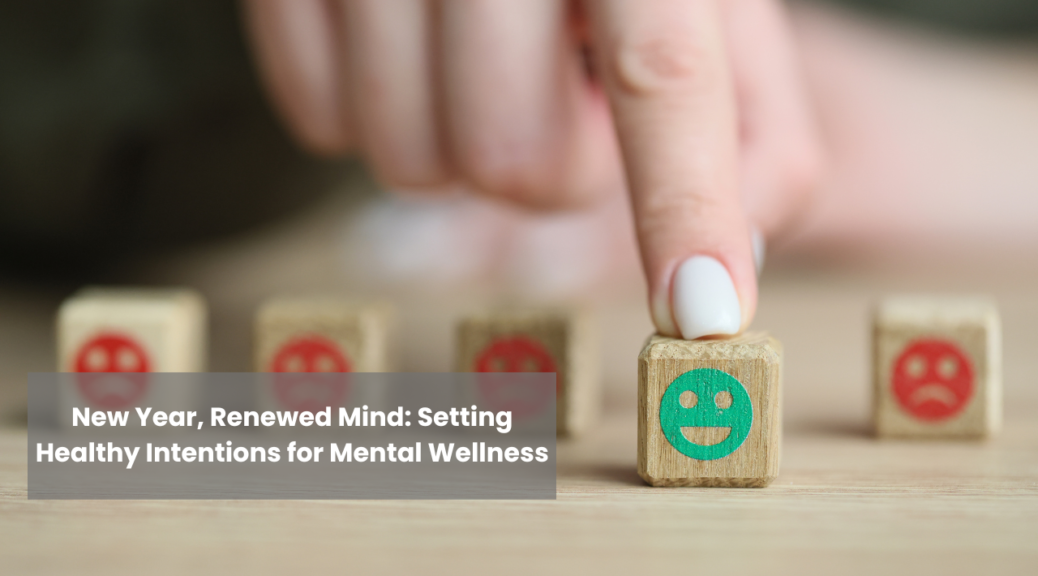May is Mental Health Awareness Month, a time dedicated to raising awareness about mental health conditions and reducing the stigma that often surrounds them. Mental health is just as important as physical health, and yet, many people hesitate to seek help due to fear of judgement or misunderstanding. Let’s break down those barriers and create a more open and supportive environment for everyone.
Dismantling Common Stigmas
Stigma thrives on misinformation. Here are some of the most common misconceptions about mental health:
- Myth: Mental illness is a sign of weakness.
Reality: Mental health conditions are complex and can be caused by a variety of factors, including genetics, brain chemistry, and life experiences. Just like physical illnesses, they require treatment and support.
- Myth: People with mental illness are dangerous.
Reality: The vast majority of people with mental illness are not violent. In fact, they are often more likely to be victims of violence themselves.
- Myth: Therapy is only for “crazy” people.
Reality: Therapy is a beneficial tool for anyone who wants to improve their mental well-being. It can help you manage stress, cope with difficult emotions, and develop healthy coping mechanisms.
- Myth: Medication is a crutch, and people should be able to “get over it” on their own.
Reality: Medication can be a crucial part of treatment for many mental health conditions. Just like taking medication for diabetes or high blood pressure, it can help manage symptoms and improve quality of life.
Fostering Understanding and Open Conversations
By educating ourselves and others, we can create a more understanding and supportive environment.
Here are some ways to get involved:
Educate Yourself: Learn about common mental health conditions, their symptoms, and available treatment options. Reliable sources include the National Alliance on Mental Illness (NAMI) or the National Institute of Mental Health (NIMH).
Talk Openly and Honestly: Discussing mental health with friends, family, and colleagues can help normalise the conversation and reduce stigma.
Be Mindful of Your Language: Avoid using stigmatizing terms or making jokes about mental illness.
Show Compassion: Listen without judgement and offer support to those who are struggling.
Challenge Misconceptions: If you hear someone making negative comments about mental health, gently correct them and offer accurate information.
May Mental Health Awareness: A Call to Action
May is a great time to start the conversation, but mental health awareness should be a year-round effort. By working together, we can break down stigmas, foster understanding, and create a world where everyone feels comfortable seeking help and prioritizing their mental well-being.
Remember, you are not alone. If you are struggling, know that help is available. There are many resources at your disposal, including hotlines, support groups, and mental health professionals. Take care of yourself, and reach out for help if you need it.
Together, let’s make mental health a priority, not a source of shame. Let’s create a world where everyone feels empowered to take care of their mental health, just like they would their physical health. Happy Mental Health Awareness Month!
How CCHC Can Help
This May Mental Health Awareness Month, take charge of your well-being. If you’re struggling with any of the challenges mentioned above or simply seeking positive change, the Center for Connection, Healing, and Change (CCHC) can be your partner in growth.
We offer a range of evidence-based therapies and techniques to address a variety of mental health concerns. Our compassionate therapists work with individuals, couples, families, and children, creating a safe space for healing and transformation.
Are you ready to begin your journey? Schedule a free consultation today, and let’s discuss how CCHC can help you achieve your mental health goals. You can also visit our offices in Woodbridge or Fairfax to get started!





